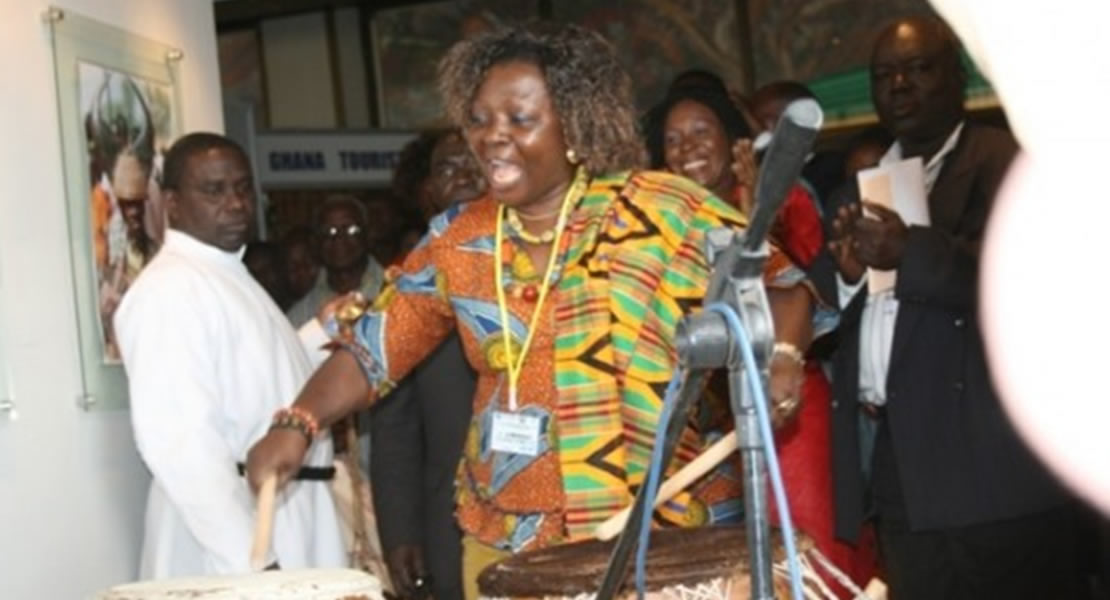
Available data has revealed an uncomfortable high percentage of women and children being subjected to unimaginable forms of violence which has destroyed their confidence and self esteem.
Mrs Juliana Azumah-Mensah, Minister of Women and Children’s Affairs, who made the observation, did not give statistics but noted that it was time to completely shed those unacceptable acts.
She was addressing participants at a Validation Workshop on Revised Police Medical Referral Forms for Victims of Domestic/Gender based Violence in Accra on Thursday.
It is a follow-up to one organised for stakeholders in August 2010 to collate inputs to review Police Medical Forms, which was fraught with many loopholes.
Mrs Azumah-Mensah said recommendations were forwarded to the Ghana Police Service, Ministry of Health and Ghana Health Service, since they were mandated to review those forms and work with them.
She said the workshop was for stakeholders to critically examine and come out with a standard form acceptable and beneficial to clients and doctors.
Government has therefore evolved a strategy for implementation through the National Policy Plan of Action (NPPA) to guide effective coordination and efficient responses in combating domestic violence in Ghana.
Mrs Azumah-Mensah noted that this enjoined the government, partners and stakeholders to take initiatives towards the elimination of violence and injustices in the home and society at large.
Mr Joseph Yieleh-Chireh, Health Minister, said in a speech read on his behalf, that violence against women was a violation of their human rights and prevented them from enjoying their lives to the fullest.
He said it was for this reason that the role of medical practitioners could not be over emphasised because for a victim of violence to receive adequate treatment, detailed and vital information about the victim was required to enable the victim to receive the appropriate medical care.
Mr Yieleh-Chireh indicated that an accurate description of previous and present state of the victim was also crucial to determine measures that would have to be taken to assess the short and medium term effects of the alleged abuse.
Professor Efua Hesse, Director of Medical Affairs of Korle Bu Teaching Hospital, in a presentation made on her behalf, said although questions asked on the form were quite cumbersome and sometimes very difficult for the victim, they were necessary.
She advised victims of violence not to clean up before reporting to the police and the hospital because it would tamper with evidence.
The issue of who would pay for the cost of medical examination and treatment of victims of abuse came up and participants suggested that government should take it up because it would not be fair to ask a traumatised person to pay for the cost of treatment.
The participants also proposed that questions and testing of pregnancy should be for medical reasons and not a leeway for defence and called for education on how to fill the forms which was time consuming.
AAF/GNA.